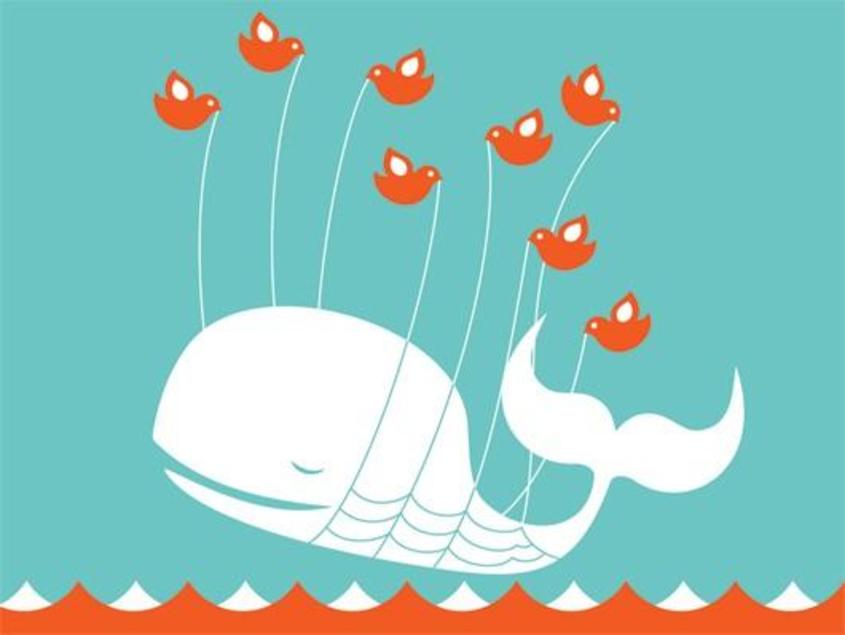The new FAIL culture close
David Hart
In Musings
In Musings
16th November 2009

Stephen Fry’s now famous “wobble” where he announced to the world that he was going to retire from using Twitter after someone accused him of being boring was discussed last week by the great man himself at the IAB conference.
At the conference he explained “the worst of the internet is that which is found below the blog: the comments. 90% of people who choose to comment are simply unbearable.”
Some might argue that this is the beauty of social media: the instant, live feedback loop and 100% transparency will make us all better companies and people. “If you can’t stand the heat, get out of the twitchen”, you might say.
But I’m not so sure. The day after the IAB conference I found myself giving a talk with Sarah Beeny at the Social Media 09 event about the company she and Codegent co-created, Tepilo, and specifically how we’d used social media to help launch it. The stage was arranged so that in the middle were our presentation slides, to the left was a live “Twitterfall” (tracking the hashtag #sm09) and to the right an anonymous SMS list that people were supposed to use to put questions to the speakers. Inevitably it became a sideshow of witty banter and insults from some of the audience’s wags.
Sarah had brought her new-born son along and he started crying midway through, so she picked him up and he joined us on stage. It meant that most of the comments were about the cuteness of her baby. But in spite of the fact that she was presenting whilst dealing with a crying baby and a few technical hitches we had, there was still a small contingent of whingers. And it did feel odd. I mean, at best it was a bit like being in a meeting with someone who is constantly texting (i.e. bloody unsocial) and at worse it was the digital equivalent of being pelted with vegetables in the stocks.
Not only was it a bit strange to be effectively ignored by those people tweeting and reading those tweets, but for some in the audience it must have been quite distracting. You’re trying to listen to someone’s experiences (that incidentally you’ve paid to hear) and those around you are passing judgement on a point whilst it’s still being made. This was perhaps ironically illustrated by a tweet at the time from @TemperoUK: “As usual at SoMe events room polarised between those writing everything down/ others taking out frustrations on Twitter”.
Imagine if we started doing this elsewhere – perhaps in the cinema, you could see the constant critiquing of the film as it played out in real time. Or on a date, maybe posting a live minute-by-minute feedback loop on how riveting the conversation is whilst hypothesising on the likelihood of being asked back for coffee.
Stephen Fry said that there is a “cancer of dislike, that is a side of the internet that is deeply worrying” and I’m inclined to agree. I work in this industry and I’m actually starting to think that there is a FAIL culture, where any tiny fallibility is all too readily jumped upon, especially by the people that work in it. Try doing a search on Twitter for #FAIL. There are about 5-10 comments posted every minute with tweeters being judge and jury proclaiming that someone or something failed because it didn’t do what they thought it should.
And I wonder why we do it? Why are we so ready to lay into people or companies online in a way real-world social etiquette would never permit us to? Does the relative anonymity of Twitter give us the same sense of security as being behind the wheel of a car, where we might scream obscenities at someone who has cut us up in a way that would get us locked up were we to do the same thing in a supermarket? Is our #FAIL culture, an online form of road rage? And does that make those of us who do it ever-so-slightly pathetic?
Flames, insults, accusations, personal attacks all welcome to @davidhart